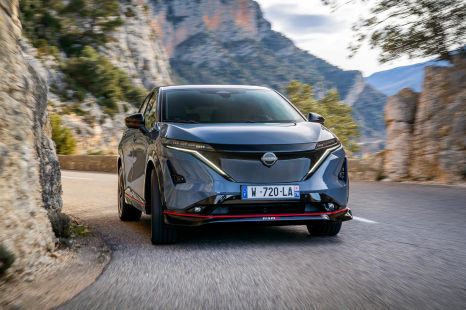
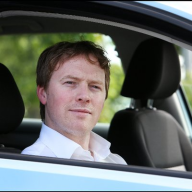
Shane O'Donoghue
2025 Nissan Ariya Nismo review: Quick drive
6 Days Ago
Brisbane-based global maker of DC electric car chargers hits unicorn status, announces plan to go public and expand worldwide footprint with cash injection.

Senior Contributor
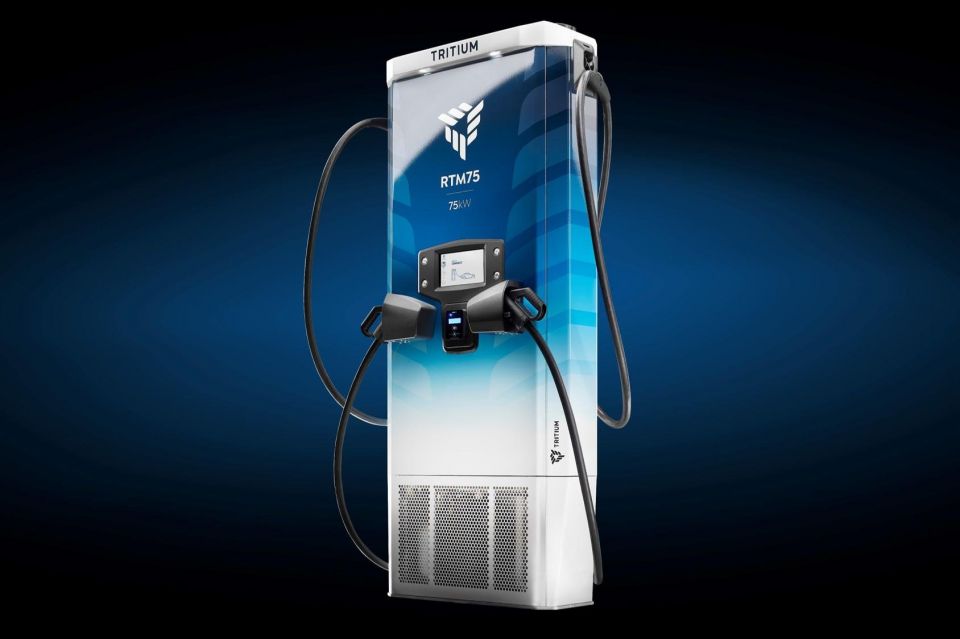

Senior Contributor
Tritium, the 20-year old Brisbane-based producer of electric vehicle DC fast-chargers, is set to become a publicly listed company on the Nasdaq at US$10 per share.
It will team with special purpose acquisition company (SPAC) ‘Decarbonization Plus Acquisition Corporation II’ to form an entity with a valuation of $1.55b AUD, to be traded under the ticker symbol ‘DCFC’.
The combined entity will be named Tritium.
A SPAC is a company with no commercial operations formed to raise capital through an initial public offering (IPO).
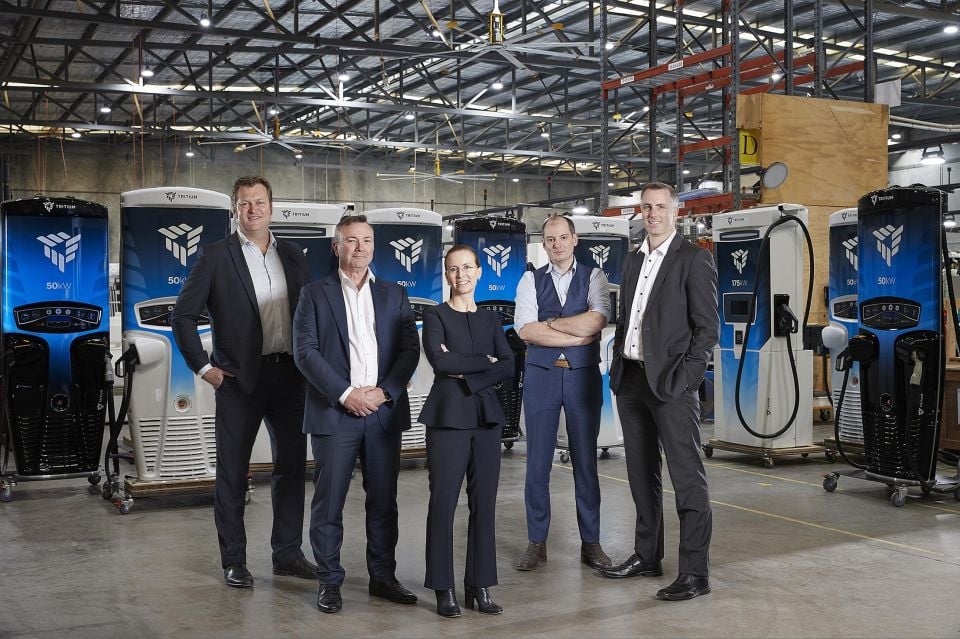
The transaction is expected to provide gross proceeds exceeding $500 million to the balance sheet/war chest – assuming minimal stock redemptions from the SPAC’s public stockholders.
The transaction is expected to add capital to grow Tritium’s operations to three global and full-scale manufacturing facilities, with investment in a new production facility in Europe, expansion of its existing Los Angeles site, and “further development” of the Brisbane facilities where it all began.
As it stands, Tritium has a sales and support footprint in 41 countries across four continents, including the European Ionity network funded by various car brands. It claims to have provided more than 2.7 million high-power charging sessions.
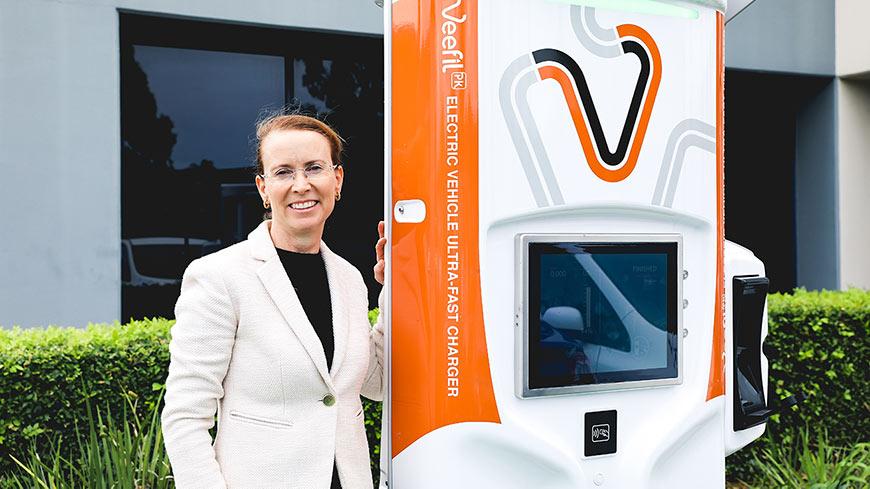
Tritium started as a developer of technology for solar race cars and other unusual projects, such as the battery management system for James Cameron’s “Deepsea Challenger” submersible machine.
Having pivoted to making DC chargers (up to 350kW at present), it now stands ready to capitalise from growth in the worldwide electric car market, which its research says will undergo 20 per cent compound annual growth (CAGR) out to 2040.
Global EV charging hardware sales are projected to have an average CAGR of more than 25 per cent each year over this period.
The company’s intellectual property includes the world’s only fully liquid-cooled, IP65-rated charger, “providing customers with technology that is ingress-protected and sealed from outside elements”.
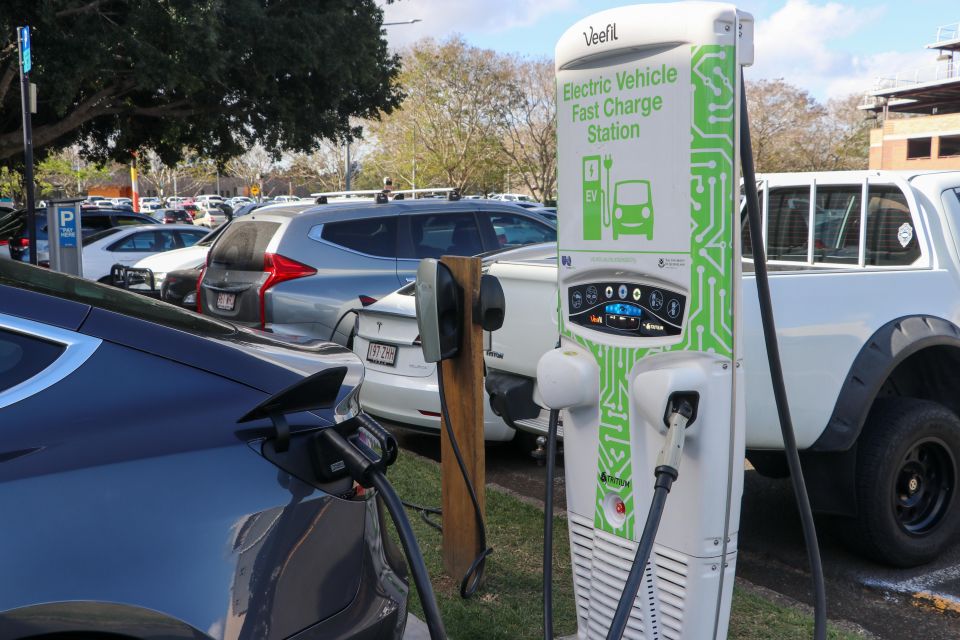
Tritium Chief Executive Officer Jane Hunter (ex-Boeing and profiled by us here) said:
“The accelerated electrification of the transport sector globally is now underway and has extraordinary implications beyond the benefits to individual consumers.
“Our industry is essential to achieving global emission reduction targets both through increased adoption of electric vehicles and the deployment of EVs for mass energy storage technology.
“As ‘batteries on wheels,’ EVs will help pave the way for more renewable power to be introduced into national energy mixes. E-mobility also plays a critical role in improving air quality, which is critical for public health in populated regions.”
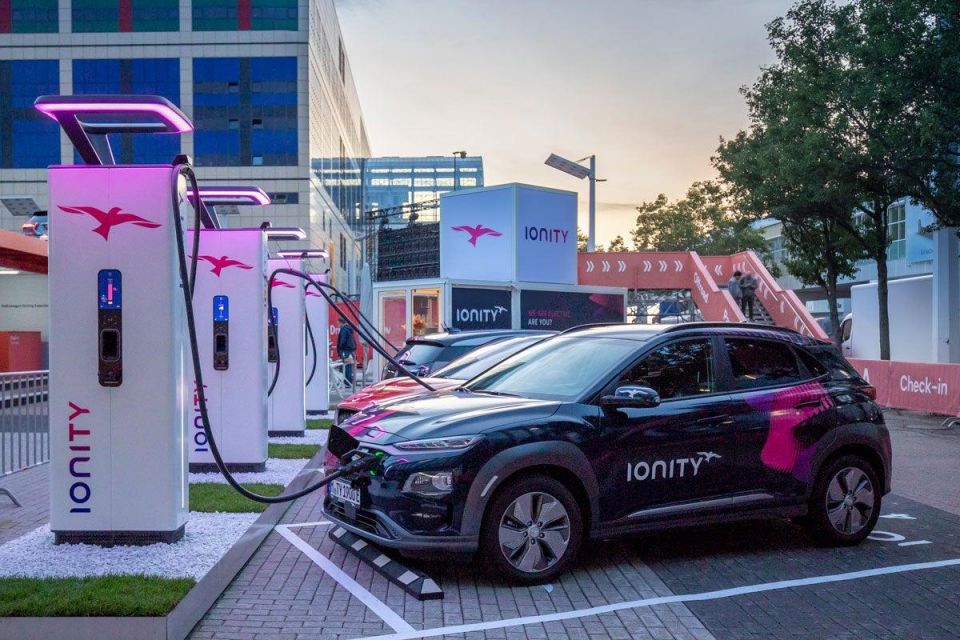
DCRN chairman Robert Tichio added:
“We are extremely excited and honoured to partner with Tritium, as we believe the company’s demonstrated track record of innovation in power electronics and its well-established manufacturing and operational structure will allow Tritium to maintain and expand its position as a market leader in the charging hardware space.
“Under Ms. Hunter’s leadership, the company has developed an incredible team of more than 340 employees on four continents and a diversified base of blue-chip customers, while positioning Tritium to be the leader in DC fast charging as the adoption of electric vehicles continues to accelerate.
“As the wave of investment capital directed to environmental, social, and corporate governance (“ESG”) goals continues its acceleration, we believe a publicly traded Tritium will serve as a valuable core holding for ESG investors. We look forward to working with Jane and the entire Tritium team to speed the efficient electrification of global transport.”
MORE: Q&A with Jane Hunter, Tritium CEO MORE: Australia’s Tritium details world-first DC charging system MORE: Australian EV pioneer launches world-first scalable fast chargers


Shane O'Donoghue
6 Days Ago
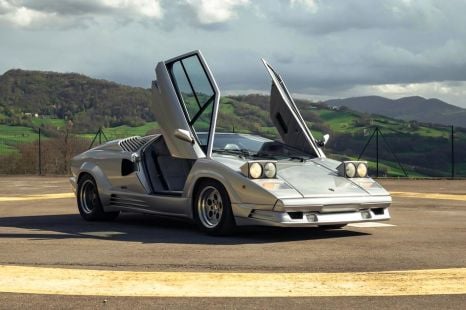

Anthony Crawford
5 Days Ago


Matt Campbell
4 Days Ago


James Wong
3 Days Ago


Max Davies
1 Day Ago
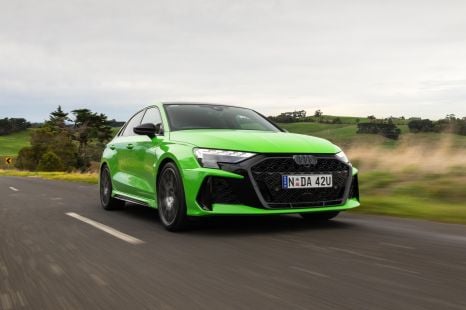

Josh Nevett
14 Hours Ago